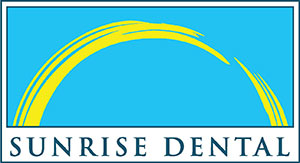Not everyone who snores has sleep apnea, and not everyone who has sleep apnea snores.
What Is Sleep Apnea?
Sleep apnea is a potentially serious sleep disorder that affects millions of Americans. The disorder is characterized by shallow breathing or pauses in breathing during the sleep process. Left untreated, sleep apnea can lead to severe complications such as cardiovascular issues, heart attacks, weight gain, and more. Those who are particularly at-risk include males, over 40 years old, alcohol users, and individuals who are obese.
Different Types of Sleep Apnea:
- Obstructive sleep apnea is the most common type of sleep apnea. It occurs when the soft tissue in the back of the throat relaxes during sleep and blocks the airway, often causing you to snore loudly.
- Central sleep apnea is a much less common type of sleep apnea that involves the central nervous system, occurring when the brain fails to signal the muscles that control breathing. People with central sleep apnea seldom snore.
- Complex sleep apnea is a combination of obstructive sleep apnea and central sleep apnea
Are You a CPAP HATER?
Even knowing the risk, many refuse to do anything about it because they don’t want to be tied to a machine to sleep.If you have mild to moderate symptoms we offer an amazing alternative option: get an FDA cleared Oral Appliance designed specifically to treat Sleep Apnea … and custom fit just for you…. We also have the ability to fit you with a custom mask for your CPAP Machine, which makes compliance much easier.
Our team of medical and dental practitioners is highly experienced in diagnosing and treating sleep apnea. Helping you breathe easier, live healthier, and reduce or eliminate your symptoms is what we do. Contact us today!
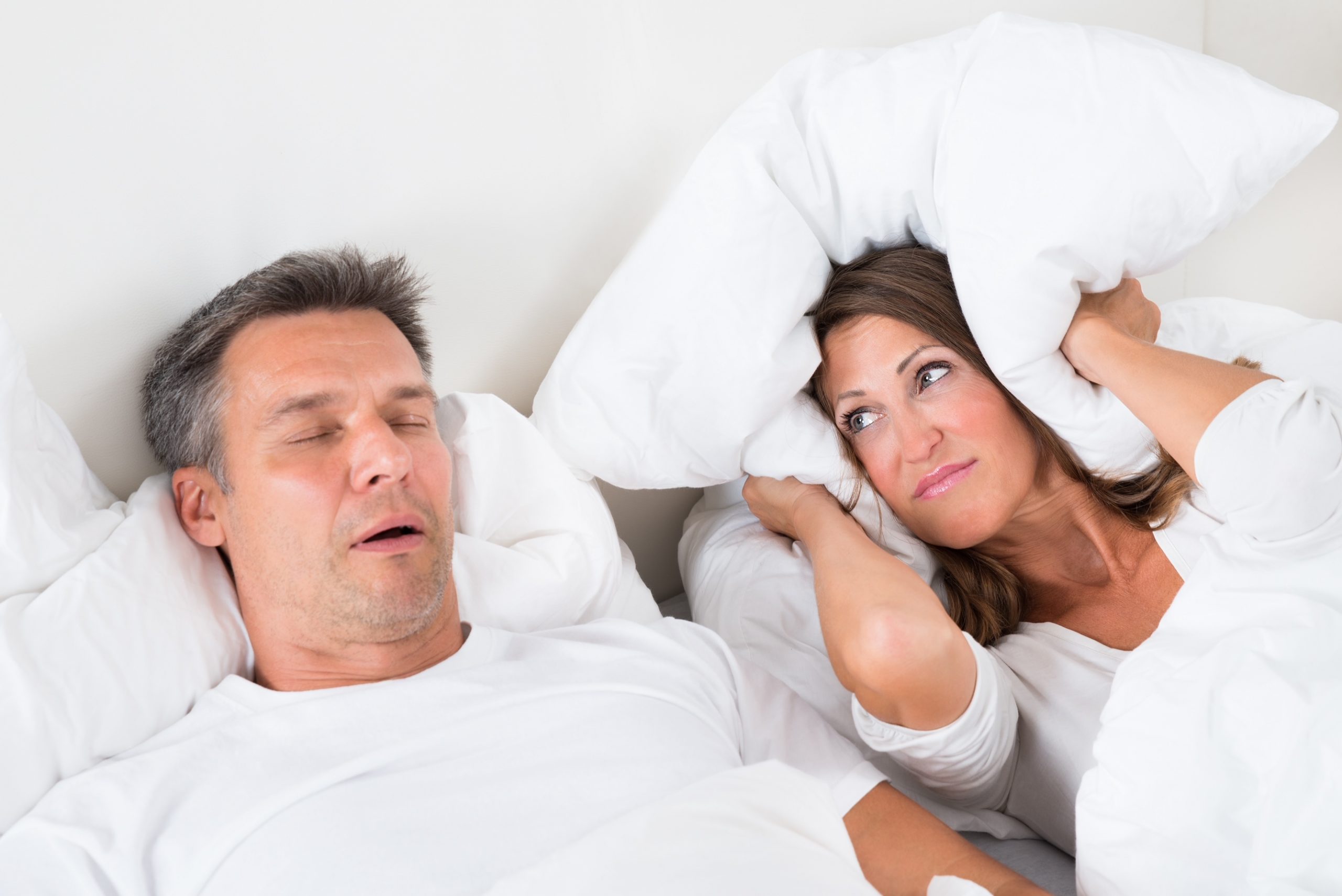
Please Call Us At: +1 (855) 467-8674
Some of the most common symptoms of sleep apnea include:
- Loud and chronic snoring marked by distinct pauses and choking or gasping
- Significant sleepiness during the daytime hours
- Headaches, dry mouth, or sore throats upon waking
- Memory or learning problems
- Inability to concentrate
- Feelings of irritability or depression, or mood swings
- High Blood Pressure
- GERD
- Heart Attack
- Stroke
Sleep Apnea
Sleep apnea is a potentially serious sleep disorder that affects millions of Americans. The disorder is characterized by shallow breathing or pauses in breathing during the sleep process. Left untreated, sleep apnea can lead to severe complications such as cardiovascular issues, heart attacks, weight gain, and more. Those who are particularly at-risk include males, over 40 years old, alcohol users, and individuals who are obese.
What is sleep apnea and how is it different from snoring?
Sleep apnea involves breathing interruptions during sleep, including obstructive sleep apnea (OSA), central sleep apnea (CSA), and complex sleep apnea syndrome. OSA is due to airway obstruction, CSA results from a lack of brain signals for breathing, and complex sleep apnea syndrome is a combination. Snoring, a common sleep sound from tissue vibration during breathing, does not necessarily indicate sleep apnea, as not everyone who snores has the disorder, and vice versa.
What are the potential risks and health implications of untreated sleep apnea?
Untreated sleep apnea increases risks like hypertension, heart disease, diabetes, weight gain, stroke, cognitive impairment, daytime sleepiness, reduced quality of life, pregnancy complications, accident risks, and potential impact on mental health. Seeking timely evaluation and management, which may involve lifestyle changes and/or use of an Appliance, is crucial to mitigate these health risks.
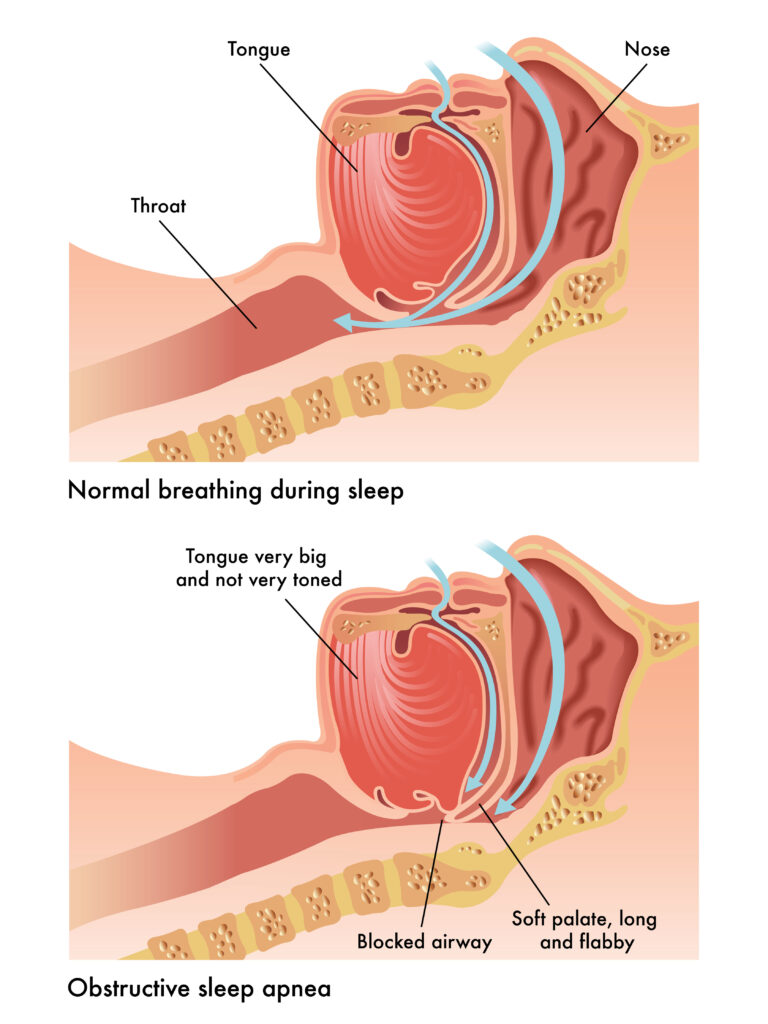
Can dental treatments help with sleep apnea and snoring?
Yes, dental treatments can be effective in addressing sleep apnea and snoring, especially when the underlying cause is related to the position of the jaw and tongue during sleep.
What is an oral appliance for sleep apnea and how does it work?
Dental treatments like Prosomnus EVO Devices can help with sleep apnea by repositioning the jaw and tongue to prevent airway collapse. Their effectiveness varies, and a sleep specialist’s evaluation is crucial for determining the most suitable treatment.
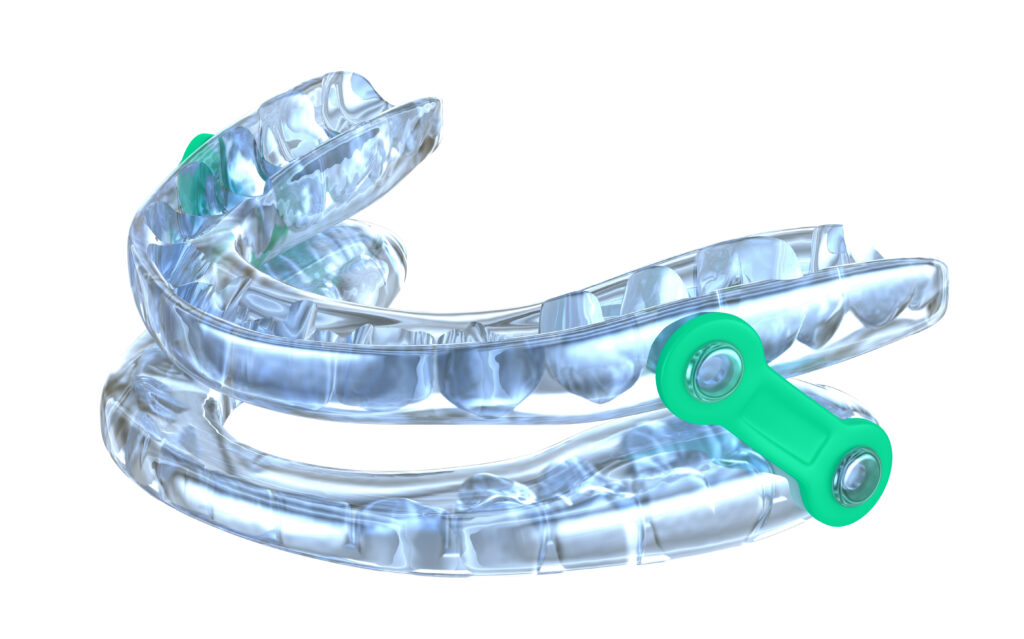
Best Dentists in Washington & Oregon
Are oral appliances effective in treating both sleep apnea and snoring?
Yes, oral appliances, such as Prosomnus EVO Devices can be effective in treating both sleep apnea and snoring, particularly when these conditions are mild to moderate.
Are there several types of oral appliances for sleep apnea and snoring?
Types of Sleep Apnea Devices:
- Alternative to a CPAP Machine is a Mandibular Advancement Device- This device is a removal appliance that will gently thrust your lower jaw forward while asleep, opening the airway for healthier breathing.
These devices can be customized by dentists for a proper fit. Regular follow-up is crucial, and oral appliances are recommended for mild to moderate sleep apnea cases.
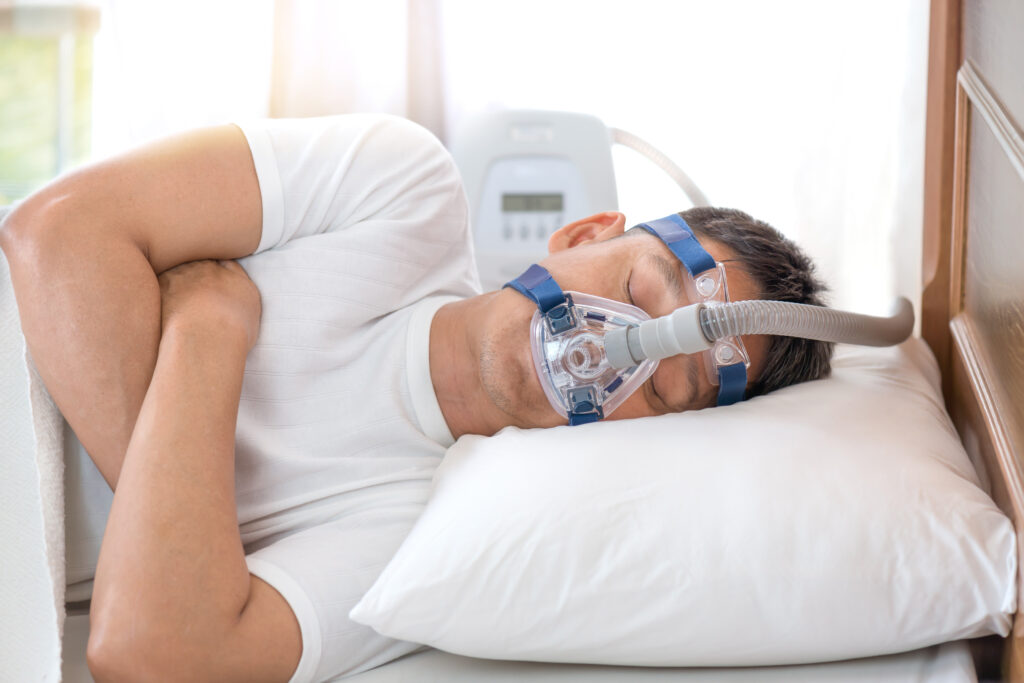
How often do I need to visit the dentist for follow-up during treatment?
Follow-up frequency during oral appliance treatment varies, but generally:
- Initial Follow-up: Scheduled after fitting for assessment and adjustments.
- Short-Term Follow-ups: More frequent initially to address issues and ensure proper use.
- Long-Term Follow-ups: Becomes less frequent once treatment stabilizes.
- As-Needed Visits: Schedule additional visits for problems or changes.
